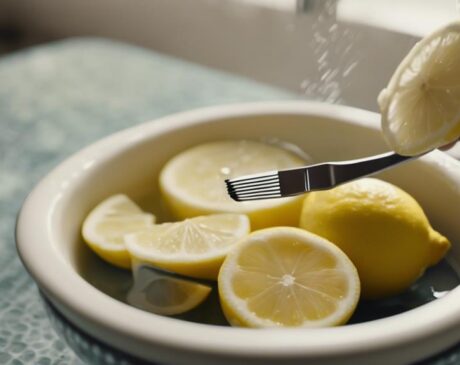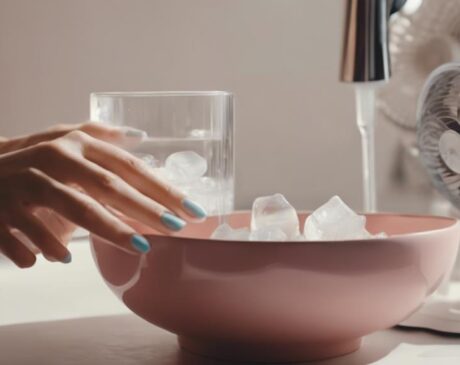Does Liquid Nails Seal Water?
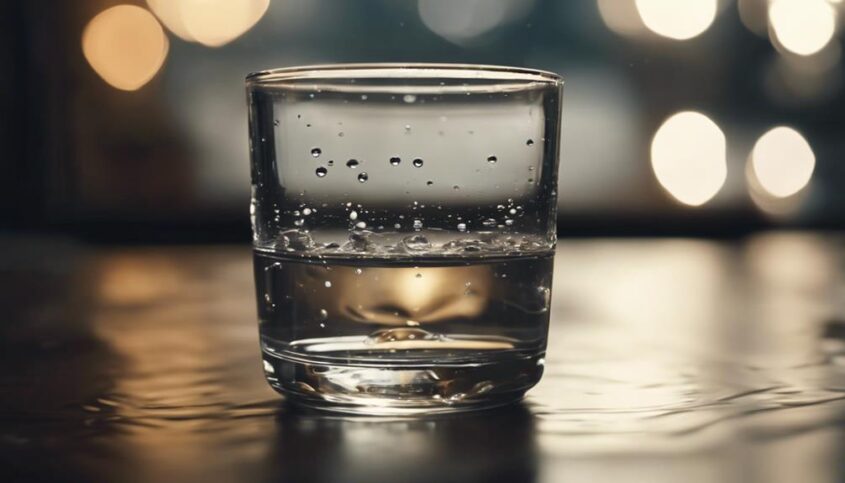
Liquid Nails creates a durable seal against water, suitable for various applications. Factors like surface preparation and application technique affect its sealing ability. Testing in wet conditions ensures durability. Tips include proper surface preparation, application method, and curing time. While strong, Liquid Nails is not fully waterproof. Waterproof adhesives offer a watertight seal for projects with water exposure. Understanding differences helps in selecting the right adhesive for specific needs and projects. Learn more about how Liquid Nails compares to waterproof adhesives for optimal results.
Key Takeaways
- Liquid Nails provides water resistance with specialized formulation.
- Suitable for wet conditions, both indoors and outdoors.
- Proper application technique enhances sealing capabilities.
- Testing in simulated wet environments ensures durability.
- Not waterproof, but offers strong bonding properties in moist settings.
Understanding Liquid Nails Water Resistance
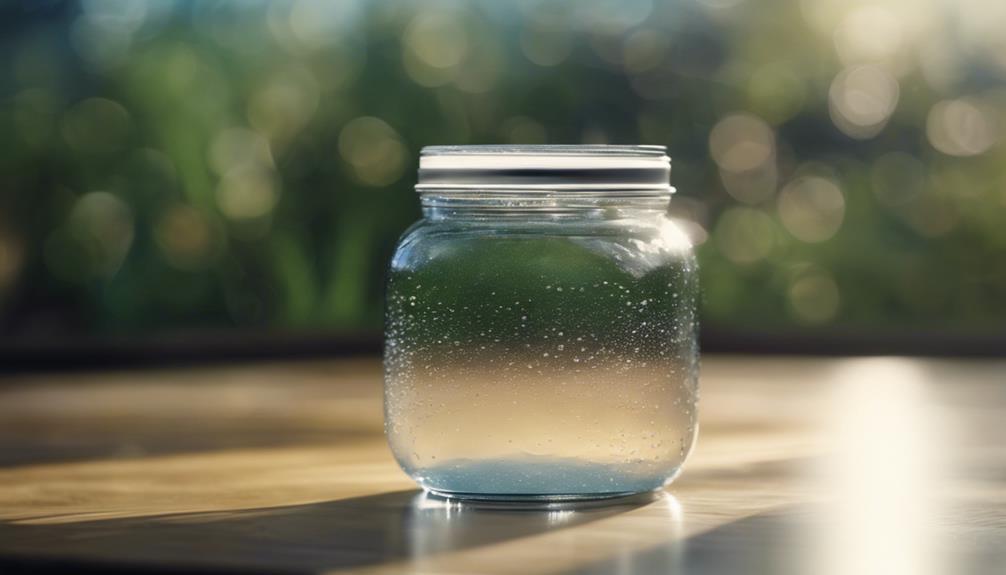
Liquid Nails is a construction adhesive known for its strong bonding properties, but its ability to effectively seal against water is a crucial aspect to consider in various applications. Water resistance is a key factor in determining the durability and reliability of any adhesive in environments where exposure to moisture is inevitable.
Liquid Nails' water resistance is a result of its advanced formulation, which includes specialized ingredients that create a barrier against water infiltration. This feature ensures that the adhesive maintains its strength and integrity even when subjected to wet conditions, making it suitable for both interior and exterior applications. Whether used in bathrooms, kitchens, or outdoor projects, Liquid Nails' ability to resist water seepage provides peace of mind to users concerned about the longevity of their bonded surfaces.
Innovation in adhesive technology has led to the development of products like Liquid Nails that not only bond strongly but also offer protection against moisture, enhancing the overall performance and longevity of construction projects.
Factors Affecting Liquid Nails Sealing Ability
Factors influencing the sealing ability of Liquid Nails include the surface porosity and application method. The porosity of the surface where Liquid Nails is applied can significantly impact its ability to create a watertight seal. A smoother surface will provide better adhesion and sealing properties compared to a highly porous one. Additionally, the method of application plays a crucial role in how effectively Liquid Nails can seal water. Proper application techniques ensure that the adhesive is evenly distributed, maximizing its sealing capabilities.
| Factors Affecting Sealing Ability of Liquid Nails | Description | Impact |
|---|---|---|
| Surface Porosity | Smooth surfaces offer better adhesion | Enhanced sealing properties |
| Application Method | Proper technique ensures even distribution | Maximizes sealing capabilities |
| Temperature and Humidity | Optimal conditions enhance adhesion | Improved overall sealing effectiveness |
| Sealant Thickness | Adequate thickness required for sealing | Thin layers may compromise water resistance |
Understanding these factors and their influence on Liquid Nails' sealing ability can aid in achieving optimal results when using the adhesive for water-resistant applications.
Testing Liquid Nails in Water Environments
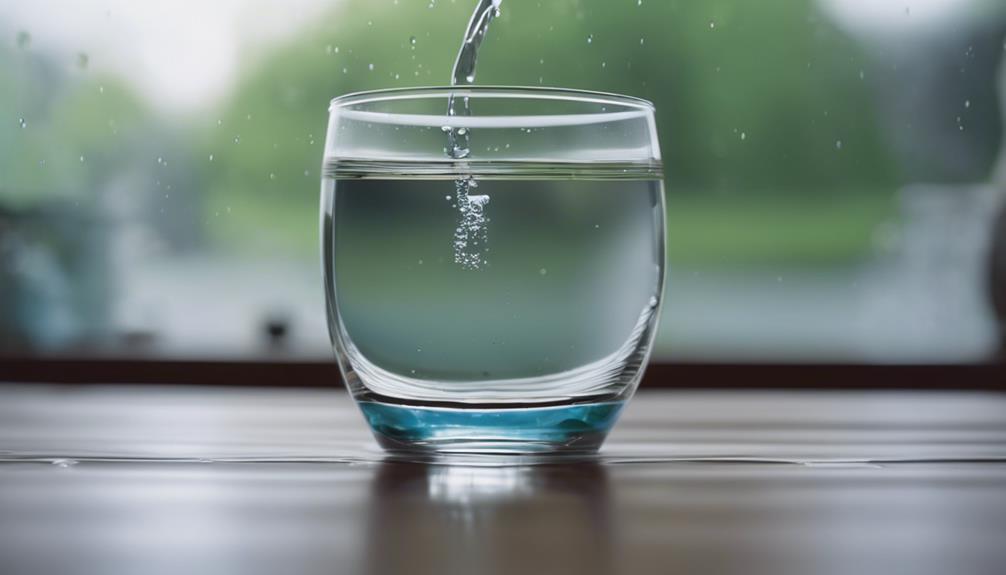
When assessing the performance of Liquid Nails in water environments, it becomes imperative to evaluate its durability and effectiveness in maintaining a watertight seal over time. Liquid Nails, a popular construction adhesive, is designed to bond a variety of materials, but its ability to withstand exposure to water is crucial, especially in applications where moisture resistance is essential. Testing Liquid Nails in water environments involves subjecting the adhesive to simulated wet conditions to assess its resistance to water penetration and its overall adhesive strength. These tests help determine whether Liquid Nails can effectively seal joints, gaps, and seams in wet environments, ensuring the longevity and reliability of the bond. Understanding how Liquid Nails performs in water environments is vital for ensuring its suitability for projects that require a strong and durable seal in potentially wet or humid conditions. By conducting thorough testing in water environments, users can make informed decisions about the appropriate applications for Liquid Nails to achieve reliable and long-lasting results.
Tips for Using Liquid Nails in Wet Conditions
In applications where moisture poses a challenge, utilizing proper techniques can enhance the effectiveness of Liquid Nails in wet conditions. When working with Liquid Nails in wet environments, it is crucial to ensure that the surfaces are clean and dry before application. Moisture can hinder the bonding process, so using a clean cloth to wipe away any excess water or debris is essential. Additionally, applying the adhesive in a zigzag pattern or using a notched trowel can help create a stronger bond by increasing surface contact.
Another tip for using Liquid Nails in wet conditions is to allow for sufficient curing time. While Liquid Nails has a quick initial grab, allowing it ample time to cure fully will ensure a durable and long-lasting bond, even in moist environments. Lastly, storing the adhesive in a cool, dry place when not in use can prevent it from being exposed to excess moisture, preserving its quality for future projects. By following these tips, you can maximize the effectiveness of Liquid Nails in wet conditions and achieve reliable results.
Comparing Liquid Nails to Waterproof Adhesives
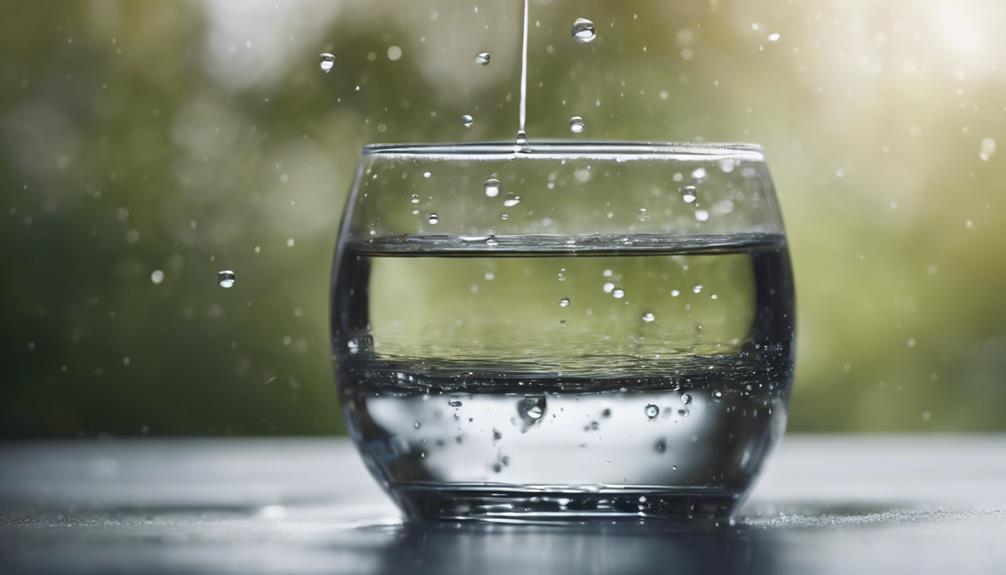
Liquid Nails and waterproof adhesives differ in their ability to withstand water exposure and provide reliable bonding in various applications. While Liquid Nails is a versatile construction adhesive known for its strength and durability, it is not specifically designed to be waterproof. In contrast, waterproof adhesives are formulated to resist water infiltration, making them ideal for projects where moisture resistance is a primary concern.
Waterproof adhesives often contain specialized ingredients that create a watertight seal, ensuring long-lasting adhesion even in wet environments. These adhesives are commonly used in applications such as outdoor construction, marine projects, and bathroom installations where exposure to water is inevitable. In comparison, Liquid Nails may lose its bonding strength when consistently exposed to water, making it less suitable for projects requiring waterproofing capabilities.
When deciding between Liquid Nails and waterproof adhesives, consider the specific requirements of your project. If water resistance is crucial, opting for a dedicated waterproof adhesive will provide greater reliability and longevity in wet conditions.
Frequently Asked Questions
Can Liquid Nails Be Used Underwater for Long Periods of Time?
When considering the use of Liquid Nails underwater for extended periods, it is essential to assess its waterproofing capabilities thoroughly. Proper surface preparation and application techniques are crucial to ensuring long-term adhesion and effectiveness in such conditions.
How Does Liquid Nails Perform in Extreme Temperature Conditions?
In extreme temperature conditions, Liquid Nails showcases remarkable resilience and durability. Its innovative formula ensures strong adhesion even in the most challenging climates, making it a reliable choice for projects that demand exceptional performance under harsh weather conditions.
Does Liquid Nails Work Well on Surfaces That Are Constantly Exposed to Moisture?
Liquid Nails performs effectively on surfaces exposed to moisture by forming a strong bond resistant to water damage. Its innovative formula ensures durability and reliability, making it a trusted choice for projects requiring long-term protection against moisture.
Can Liquid Nails Be Used to Seal Gaps in Outdoor Structures Like Decks or Fences?
Liquid Nails can effectively seal gaps in outdoor structures like decks and fences. Its strong adhesive properties make it suitable for various construction projects, providing a reliable bond that can withstand exposure to weather elements.
Is Liquid Nails Resistant to Mold and Mildew Growth in Wet Environments?
In wet environments, Liquid Nails exhibits remarkable resistance to mold and mildew growth. Its innovative formula ensures durability and longevity, making it an ideal choice for projects that require protection against these common environmental challenges.

